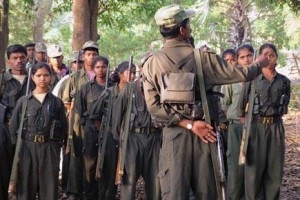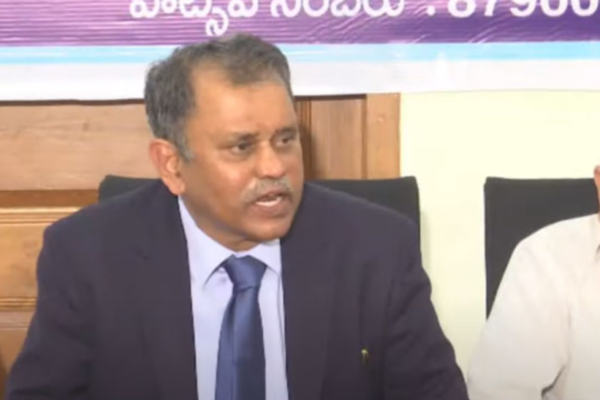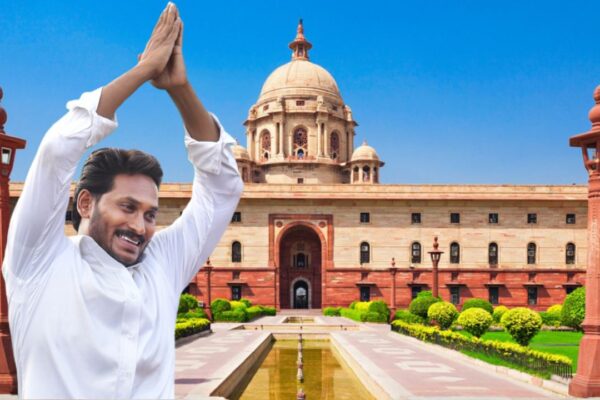
KG Satymurthy who died on Tuesday faced caste discrimination even ‘in the pure heart of revolution’. He recalls here those experiences that stand a testimony to caste domination over revolutionary comradeship.
“I am a Mala, an untouchable. Whenever I went for a bath, someone would leave something valuable in the bathing area to see if I stole it. They thought it was a caste habit and I guess they were testing me,” says SM. He did not react, trusting that the revolutionary culture would eliminate it in time.
He waited in vain. He could hear the echoes in the indulgent laughter of upper-caste squad members when the other castes and tribals performed their cultural programmes or sang, or in the daily assigning of tasks.
“The squad commander would ask people their caste and assign jobs on that basis,” says Sridevi. SM saw a dhobi asked to wash clothes and a barber by caste asked to shave comrades.
In 1977, KS (as Seetharamaiah was known) was arrested and SM headed the party. “When KS entered the meeting room with committee members, everyone rose in a jiffy. But when I walked in, I could see they were hesitating. Is it ok to stand for a Dalit?”
Then, there was his apparel. SM had always been simple but people noticed that the state secretaries dressed more elaborately than this national leader. “He’s a Dalit, how can he know,” was someone’s guess, with a short laugh. But SM was not amused.
“When KS was in jail, people started coming to me and telling me about the caste discrimination they faced. They were proud of me, but they were afraid to challenge the leadership.” SM started talking about BR Ambedkar’s teachings and caste discrimination in the party.
“SM said the party should encourage Dalit leadership,” says Ashok (name changed), who was part of a Naxal party front. “Dalits do not have access to education or resources and it should be the party’s responsibility to groom them as leaders, but the exact opposite was happening.”
SM also noticed that qualities generally considered essential for leadership were particular to certain castes. For example, leaders often need to be aggressive. “People from our caste are generally less so. Over the centuries, they have been conditioned to obey, so they are quickly consigned as cadre, not commanders.”
By Asha Menon,
First published in http://www.inkthemagazine.com/2011/06/318/








